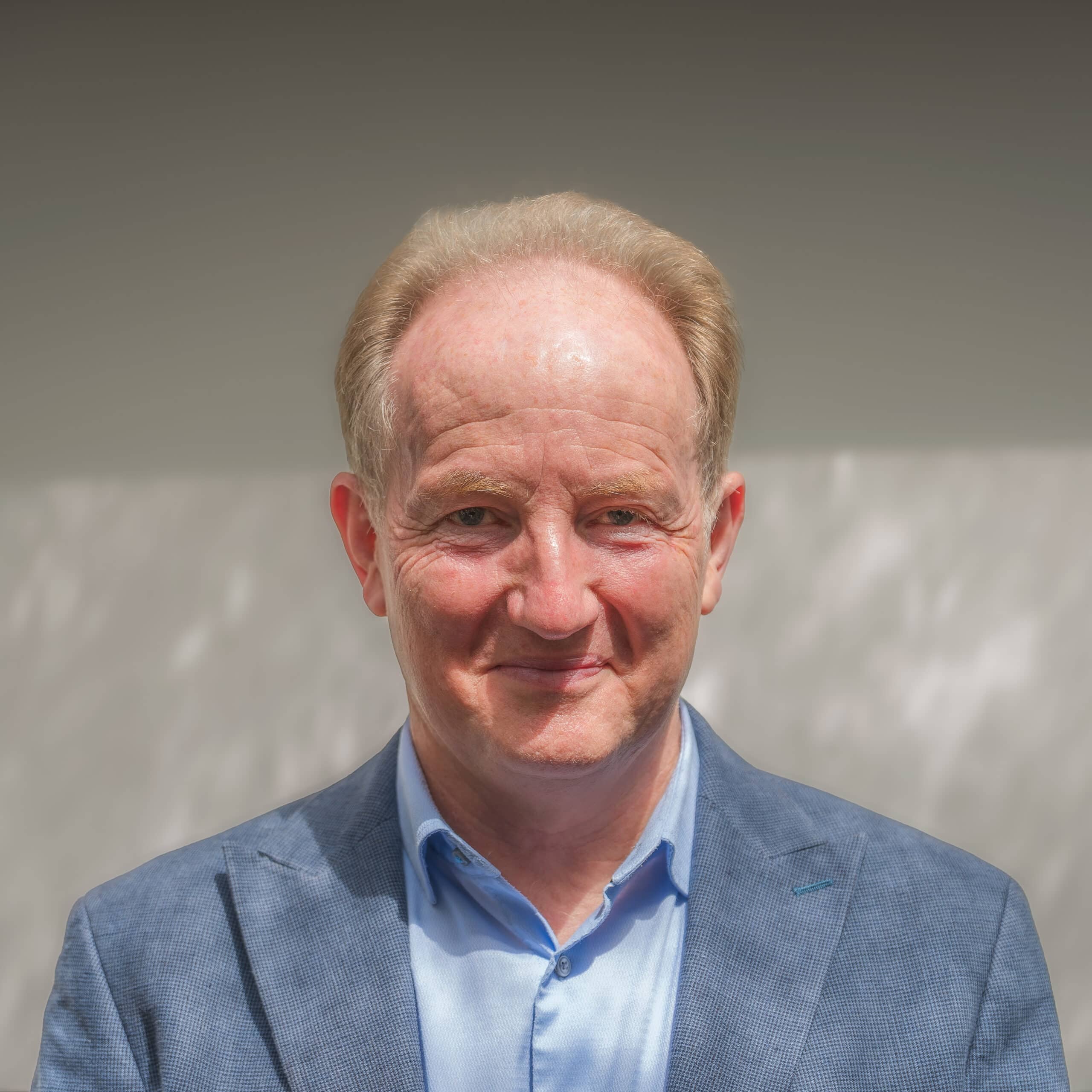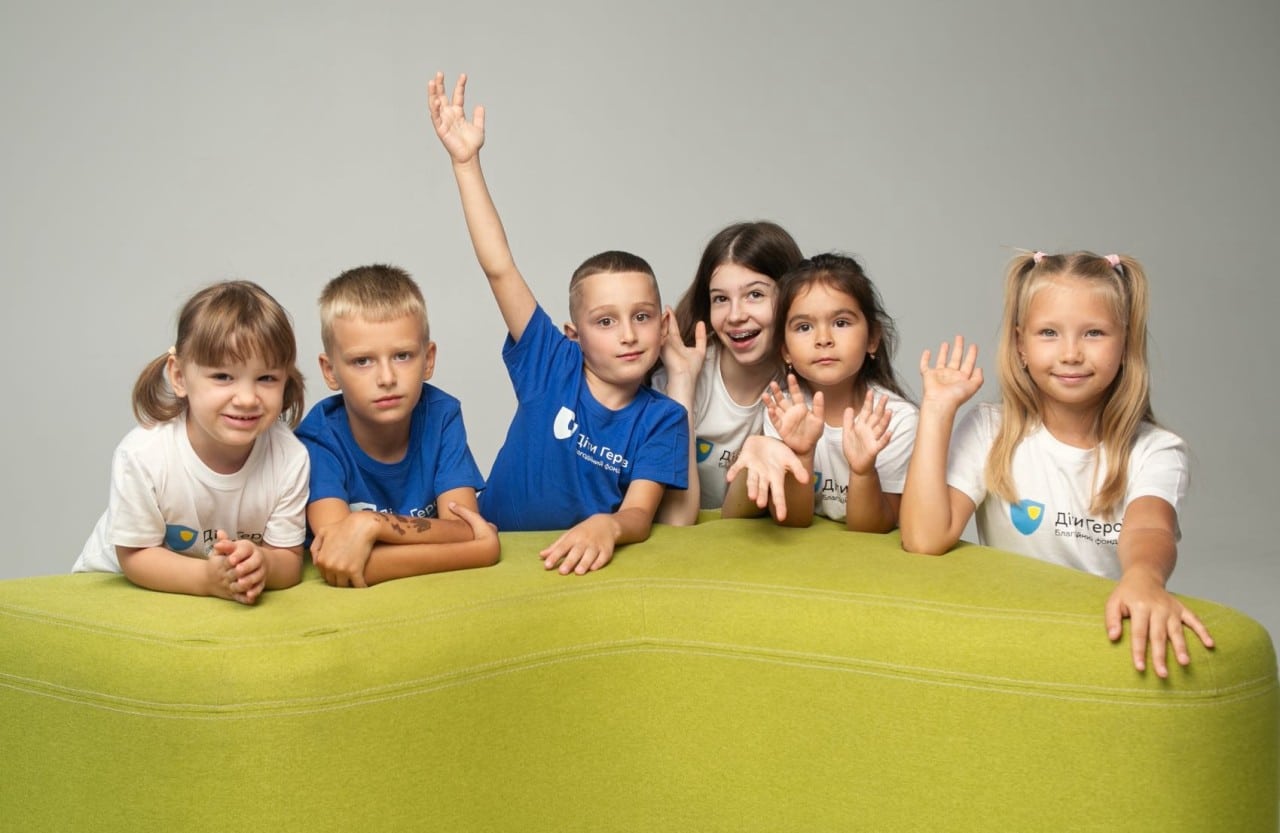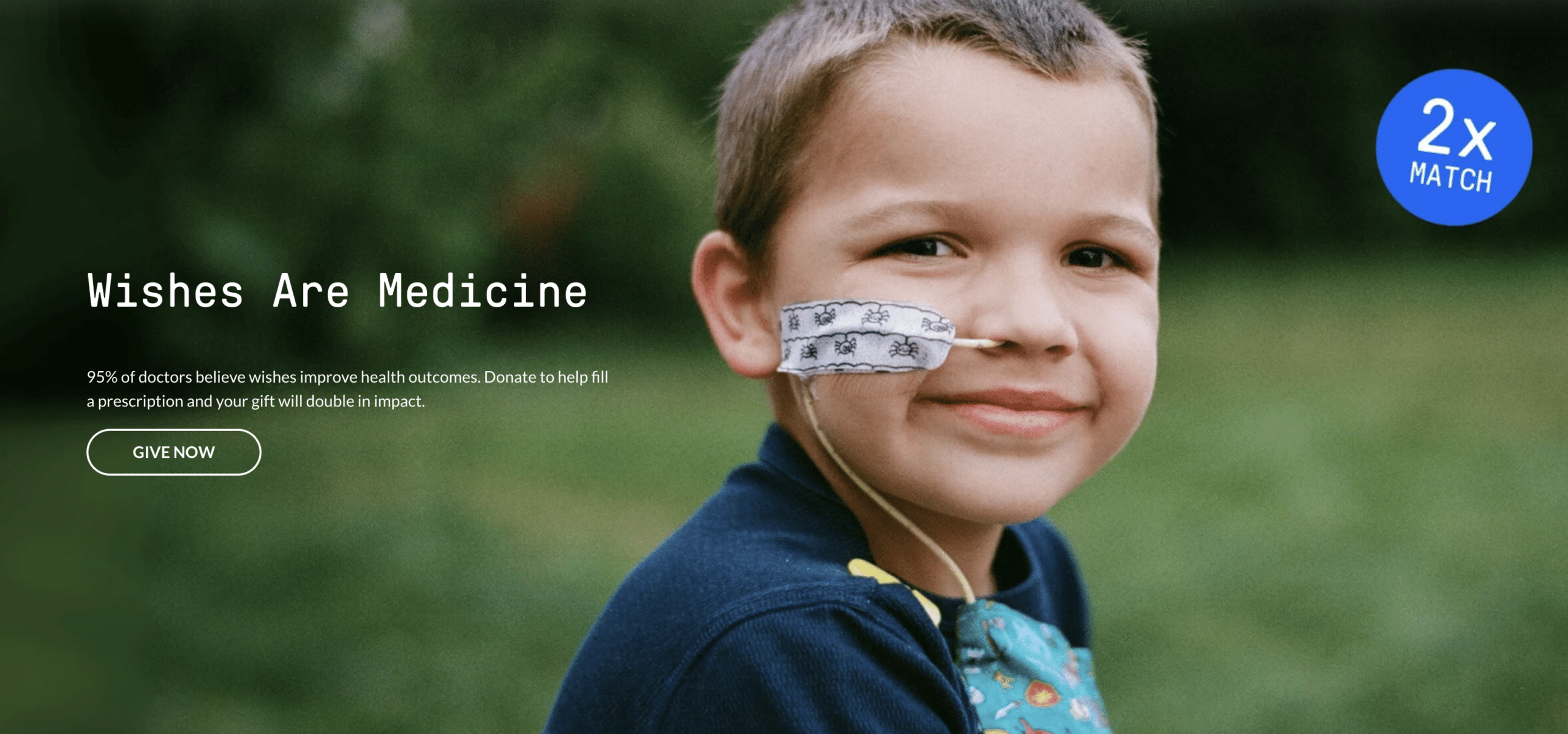Longitude Prize on ALS offers £7.5 million global incentive prize
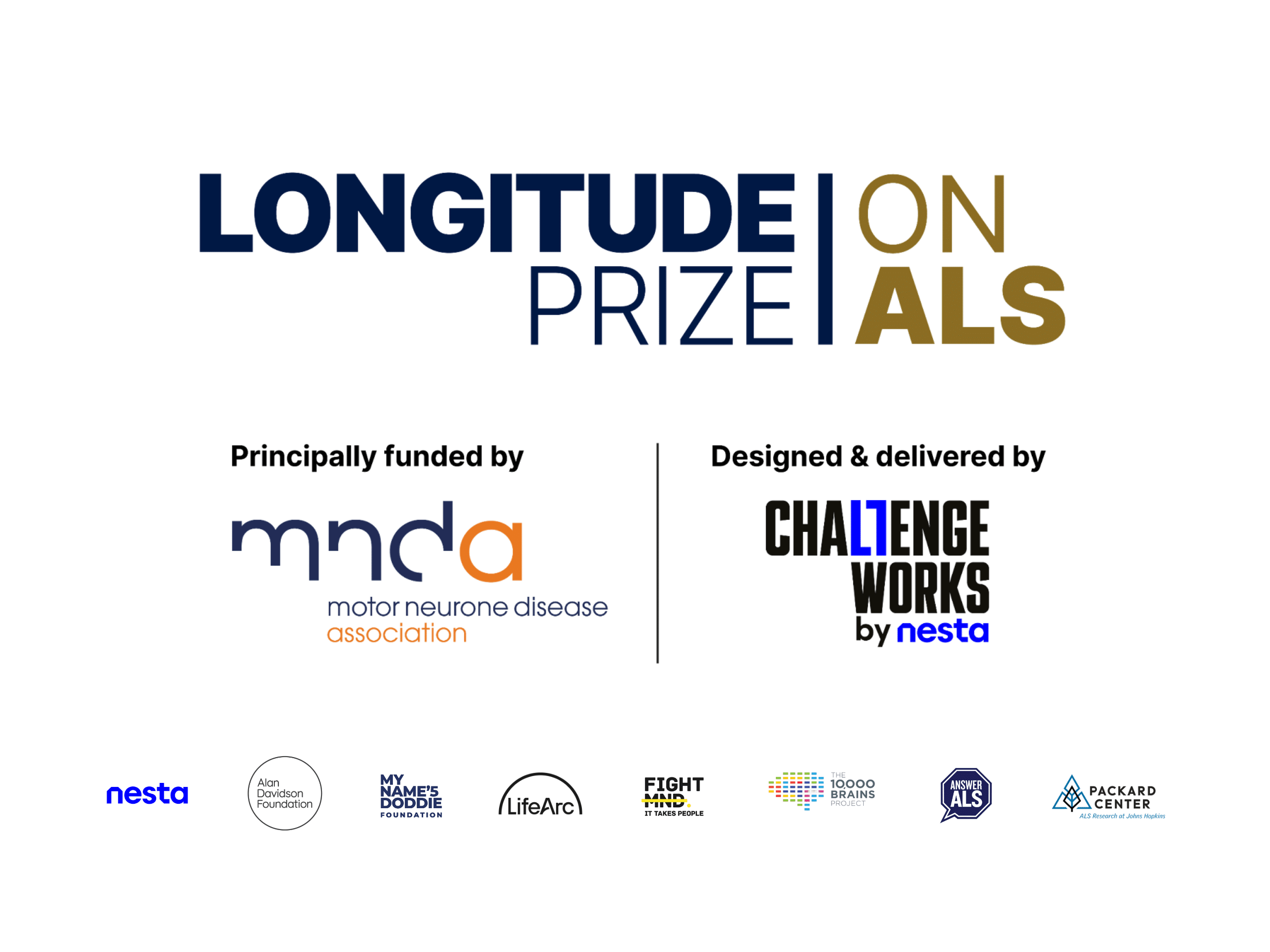
The Longitude Prize on ALS is a new £7.5 million global challenge prize that will incentivise and reward cutting-edge AI drug target discoveries for the most common form of MND (motor neurone disease).
The Prize, announced in London this week, will initially award 20 teams £100,000 each in 2026 and access to the largest ALS patient dataset of its kind. One team will then go on to win £1 million.
In the UK alone, around 5,000 people are living with MND at any one time. Although some very limited treatments exist to slow the progression of the disease for a short time, the complexity of the disease means that there are no long-term treatments and no cure.
For the first time, however, advances in AI mean innovators now have the opportunity to outpace the disease by unlocking vast quantities of patient data that have been generated in the last decade.
How to enter the Longitude Prize on ALS
The Longitude Prize on ALS is principally funded by the MND Association and designed and delivered by Challenge Works, supported by Nesta.
Additional funders include Nesta, the Alan Davidson Foundation, My Name’5 Doddie Foundation, LifeArc, FightMND, The 10,000 Brains Project, Answer ALS and The Packard Center at Johns Hopkins.
Applications are invited from innovators from across medical research, biotech, techbio, pharmaceuticals and AI.
Teams will be judged on the potential for their approach to identify and validate drug targets driving understanding of the disease and supporting onward translation into drug discovery.
The entry period is open now and closes on 3 December 2025. The 20 most promising entrants will be named in the first half of 2026.
A personal drive to find a cure

Tris Dyson, Managing Director at Challenge Works, was diagnosed with ALS in 2023. He said:
“ALS is astonishingly complex which is why it has been so difficult to develop treatments that truly fight this hideous disease. Tireless fundraising in the last decade has created a wealth of data on ALS that just didn’t exist before, and we are at a turning point.
“In the last year, Tofersen, the first drug treatment to show real promise for people with the very rare inherited form of MND (affecting around 2% of patients), shows that the disease is no longer a black box that we cannot penetrate...
“Never before have we had the power to unlock the complexity of MND, and in particular ALS, and accelerate along the road to long-term treatments, and, I hope one day, a cure.
Lucy Hawking, journalist and daughter of the MND Association’s late Patron, Prof. Stephen Hawking said:
“The Longitude Prize on ALS is an important step towards increasing our understanding of motor neurone disease, and specifically ALS… For people living with the disease, their families, friends and carers worldwide, this would bring so much relief and joy. My father lived with MND for over 50 years, the longest known survivor with this condition and his great wish was that one day, a cure would be found. I’m proud to support the Longitude Prize and wish all entrants the very best.”
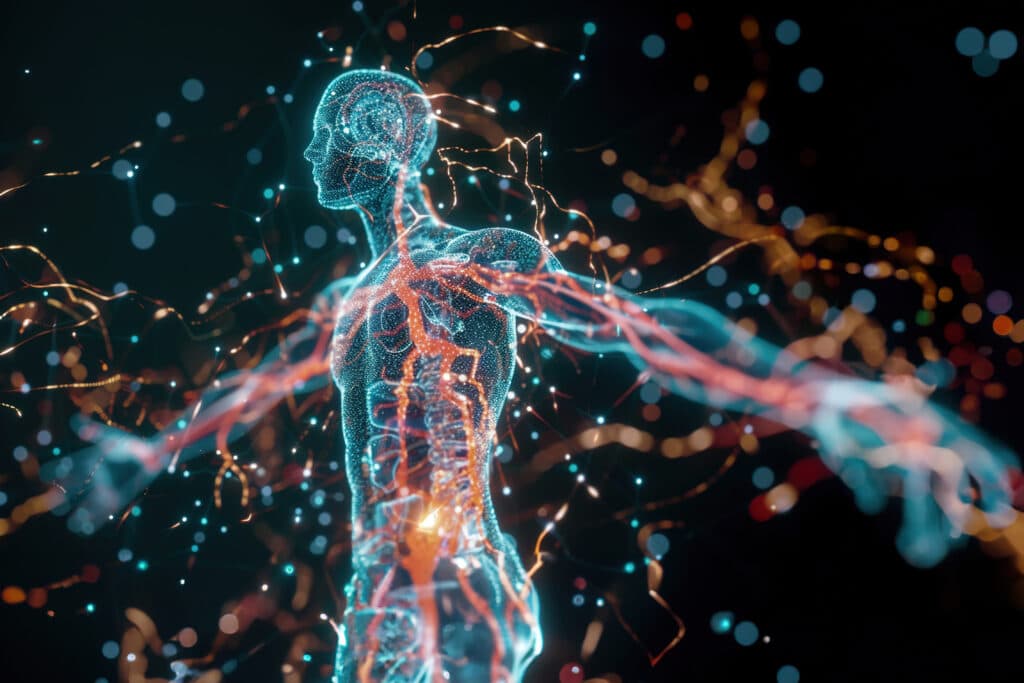
Beyond financial reward, successful applicants will gain access to the largest and most comprehensive collections of ALS patient data of its kind ever assembled, combining multiple types of biological information and brought together specifically for the Prize. This helps address a major challenge in ALS research, where data is often fragmented and difficult to access due to differing formats and restrictions.
Timetable of funding to find the winner
- 2026: £100,000 is granted to each of 20 teams as ‘Discovery Awards’
- 2027: £200,000 each is granted to 10 teams to build the evidence base for their proposed therapeutic targets
- 2028: £500,000 is granted to each of five teams to undertake validation of the highest potential identified targets in the wet lab.
- 2031: the winning team will be announced early in the year and awarded £1 million for identifying the target with the strongest evidence of therapeutic potential.
More Longitude Prizes
The Longitude Prize on ALS is the third Longitude Prize run by Challenge Works to incentivise breakthrough solutions for some of the world’s most challenging issues.
It follows the success of the Longitude Prize on AMR that announced a winner in 2024, and the Longitude Prize on Dementia that will announce a winner in 2026.
